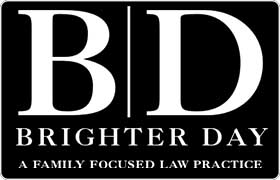Peyton Divorce & Family Law Lawyer, Colorado
Sponsored Law Firm
-
 x
x

Click For More Info:
-
Brighter Day Law
1127 N Weber St Colorado Springs, CO 80903» view mapDivorce & Family Law A Family Focused Law Practice
Sanders Law Firm’s core value is to protect your rights and achieve your goals.
800-930-7641
John M. Scorsine
✓ VERIFIEDJohn M. Scorsine is the managing member of the Kanthaka Group. His primary focus is on assisting small and mid-sized businesses in developing the pote... (more)
Steven T. Rodemer
✓ VERIFIEDSteve was born and raised in Colorado Springs where graduated from Palmer High School. He attended Cornell College, earning a bachelor’s of arts deg... (more)
Damon Cassens
✓ VERIFIEDEducated and experienced. Providing high quality criminal defense and legal service since 1994.
Kent Lee Freudenberg
✓ VERIFIEDKent Lee Freudenberg is a practicing lawyer in the state of Colorado.
R. Robert Clothier
✓ VERIFIEDR. Robert Clothier, born in Hollywood, California, December 18, 1958. Colorado resident since grade school. Admitted to the bar in 1983, Colorado Supr... (more)
James L English
FREE CONSULTATION
CONTACTFREE CONSULTATION
CONTACTFREE CONSULTATION
CONTACTFREE CONSULTATION
CONTACT Angela Jones Colorado Springs, CO
Angela Jones Colorado Springs, CO






